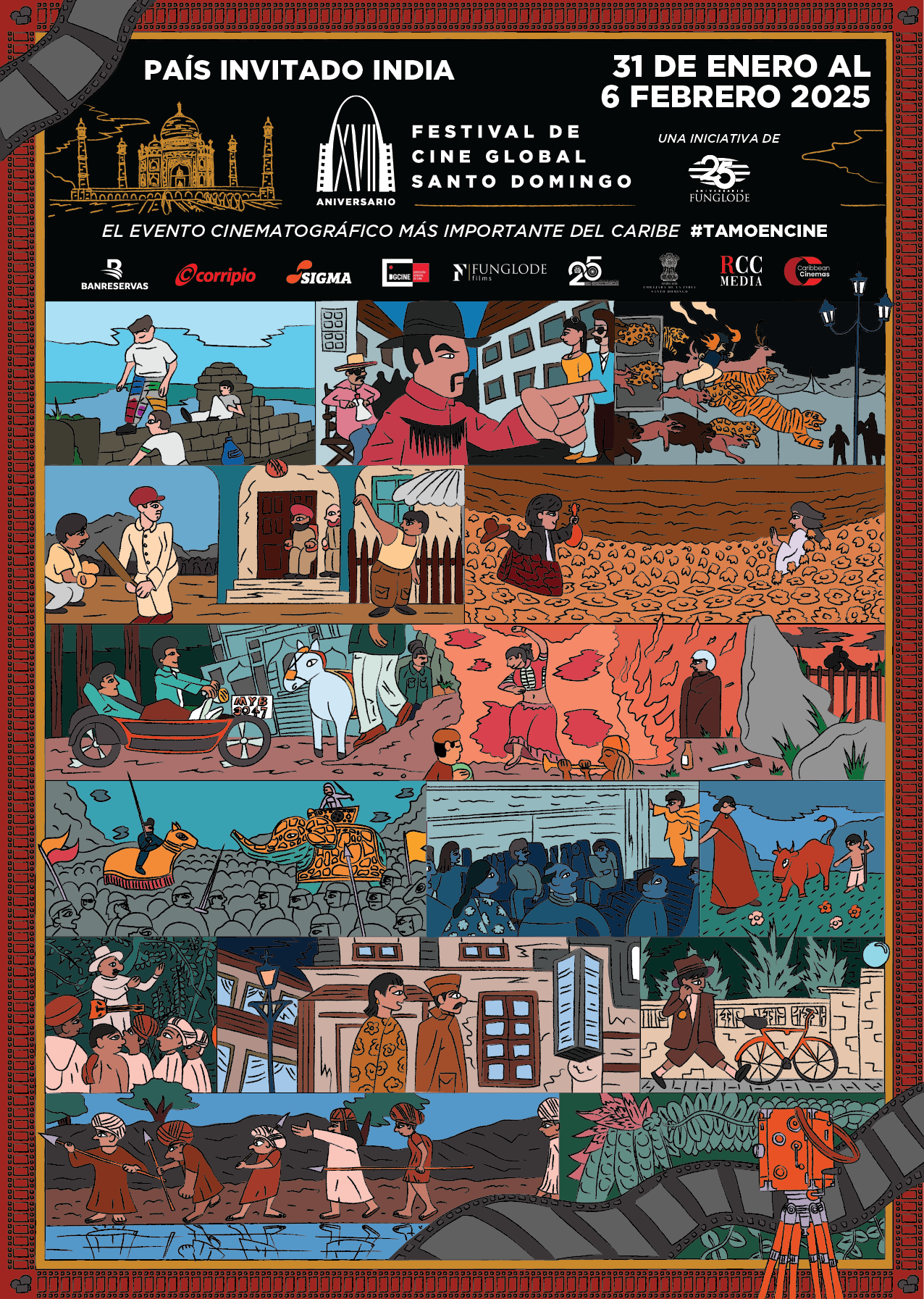More than 170 Producers Benefit from New Irrigation Systems
Thanks to a $45 million peso investment, the South Future Foundation (Fundación Sur Futuro), the Ministry of Environment (SEMARENA), the Japanese Agency for International Development (JICA) and the Kellogg Foundation together made possible four irrigation systems in four communities of this municipality.
“With water, this previously unproductive land, can be made to produce food. If this is done throughout the whole country, the global food shortages will not affect us,”…
The project, which benefits some 171 small producers will irrigate about 1,400 areas dedicated to fruit production and horticultural cultivation. This project will favor productivity as it boosts harvesting thus encouraging profit, all of which will ultimately improve the quality of life of around 500 families.
Periquito, Los Naranjos, Derrumbado and Arroyo Corozo are the four communities selected for this project, with Kellogg Foundation participation, which will promote the development of simple irrigation agriculture. Another 14 communities were included in this section of the project due to the fact that they have available access to water.
Melba Segura de Grullón, president of Sur Futuro, led the inaugural ceremony of the project that was held in Los Naranjos in the presence of the beneficiaries and each one of the agencies that made the projects possible.
Ms. Segura de Grullón talked about the growing concern about poverty, exacerbated by the global food shortage crisis and deterioration of natural resources that has threatened people’s very existence and future.
“With water, this previously unproductive land, can be made to produce food. If this is done throughout the whole country, the global food shortages will not affect us,” she said.
She added that the irrigation system will not only increase food production in the communities that today are using the system, but income from their products will also multiply improving the life quality of the families involved.
“…the communities involved have committed to increase the forest cover of the high dam which will improve living conditions…”
Along the same line, José Almonte, Director of Planning at SEMARENA, said the “political and social atmosphere in the country encourages the existence of hope.” At the same time he recognized the efficiency of Sur Futuro as the implementing agency. He added that it is difficult for the Dominican government to find agencies organized like Sur Futuro that can serve as valid interlocutors with the communities.
Luis Piña, manager of Sur Futuro in Padre Las Casas, praised the participative methodology of the organization. He reminded people that the commitments agreed to by the farmers include reforestation – three acres of land for every three acres of irrigation – which guarantees sustainability of the project.
“In terms of agro-forestry, the communities involved have committed to increase the forest cover of the high dam which will improve living conditions given that Sabana Yegua has one of the national dams and is among the poorest areas in the country.”
Speakers at the inauguration included Kazuyoshi Shinoyama, Deputy Director of JICA in the Dominican Republic, Horoaki Matsui, leader of participating experts, Blas Santos of the Kellogg Foundation and members of the communities José Luciano and Limardo Peña.
The project is being carried out with the active participation of the beneficiaries who are lending a hand with the installation of the water infrastructure. This is a process that took 2 years and is expected to show increased production of 300% to 400% for the benefiting communities.
The final objective is that, in the future, agricultural products in these communities will be placed on the international market within an adequate commercial process.
Technology Transfer
This will in turn increase the forest cover by 3% to 4% in the area of the river basin, having a significant impact on the living conditions in the areas.
Sur Futuro is developing a technology transfer program in the 14 communities linked to the project that deal with the management of the high river basins of the Sabana Yegua Dam.
Four main work themes connected to the project involve reforestation, forest fire prevention and control measures, the introduction of agriculture with simple irrigation and agro-forestry.
In the ten remaining communities work is underway involving the introduction agro-forestry and demonstration small farming parcels being done in conjunction with volunteer agreements among the producers.
As such, the commitment of the local beneficiaries to abandon the traditional practice of cut and burn to clear the land has resulted in the reduction of pressure on forest resources and will contribute to the increase of forest covering thus tripling the amount of available land once the irrigation system is underway.
This will in turn increase the forest cover by 3% to 4% in the area of the river basin, having a significant impact on the living conditions in the areas.
Through the volunteer program of land redistribution, land has been given to producers who do not have the means to work it properly. For that reason, this program represents an important first step in the fulfillment of the goals of the Sabana Yegua.
| 








